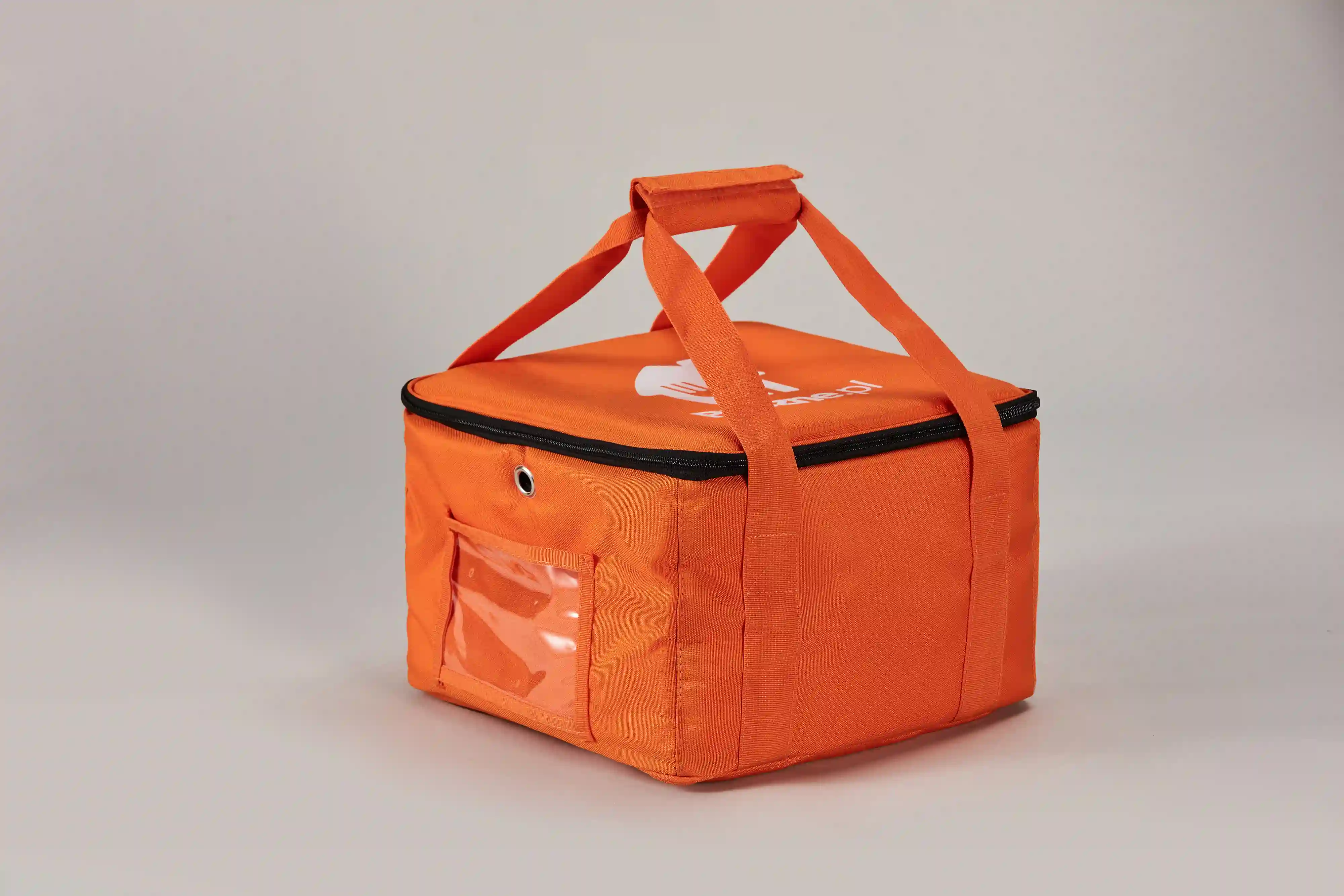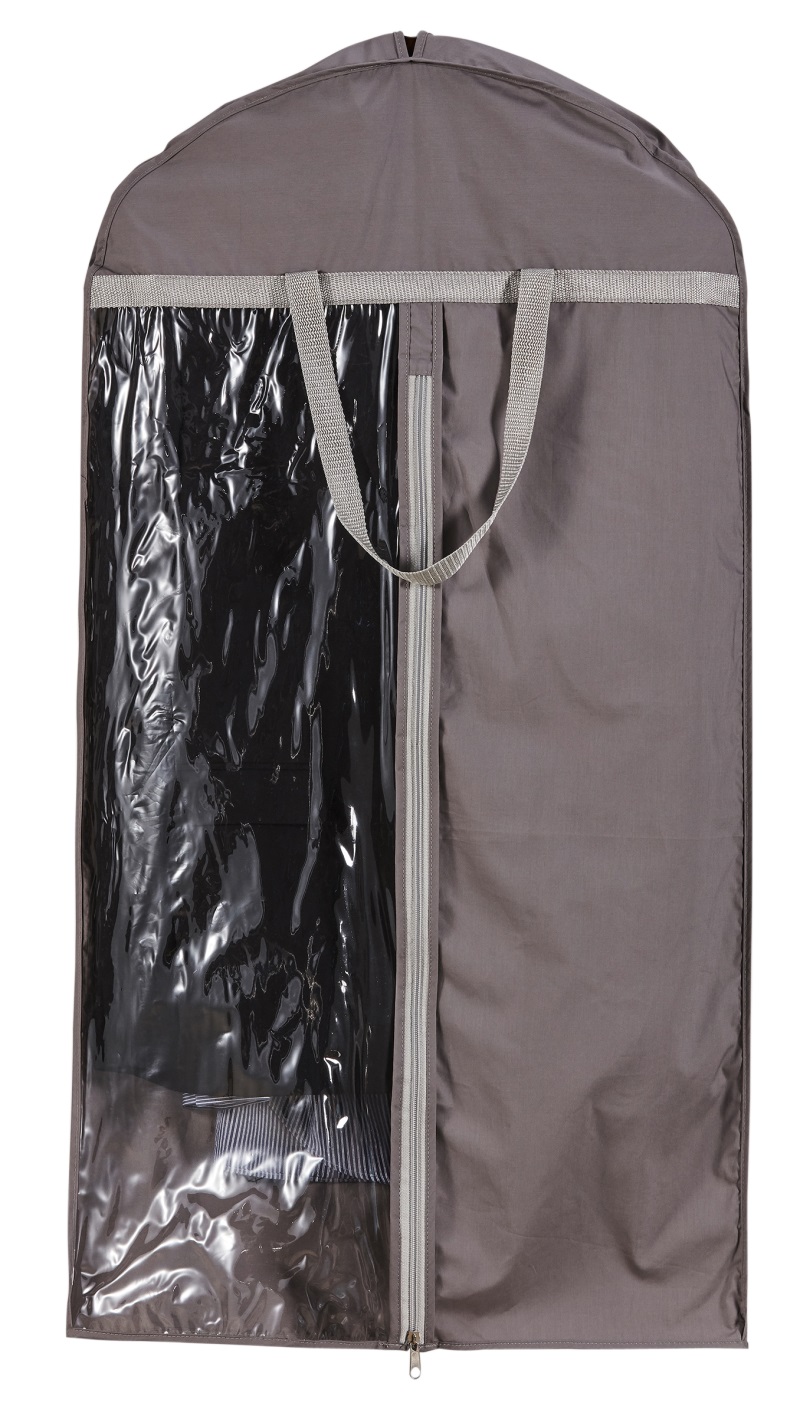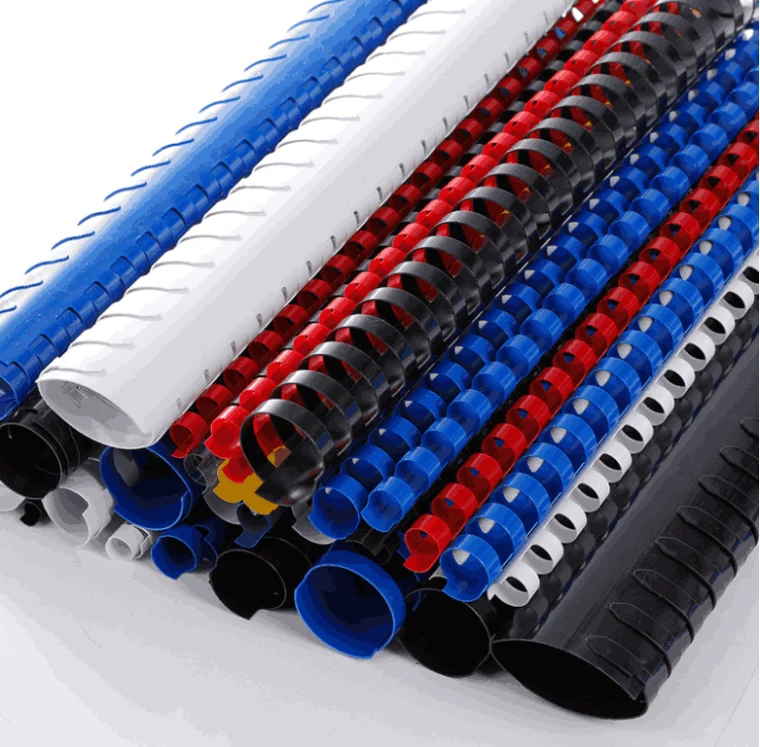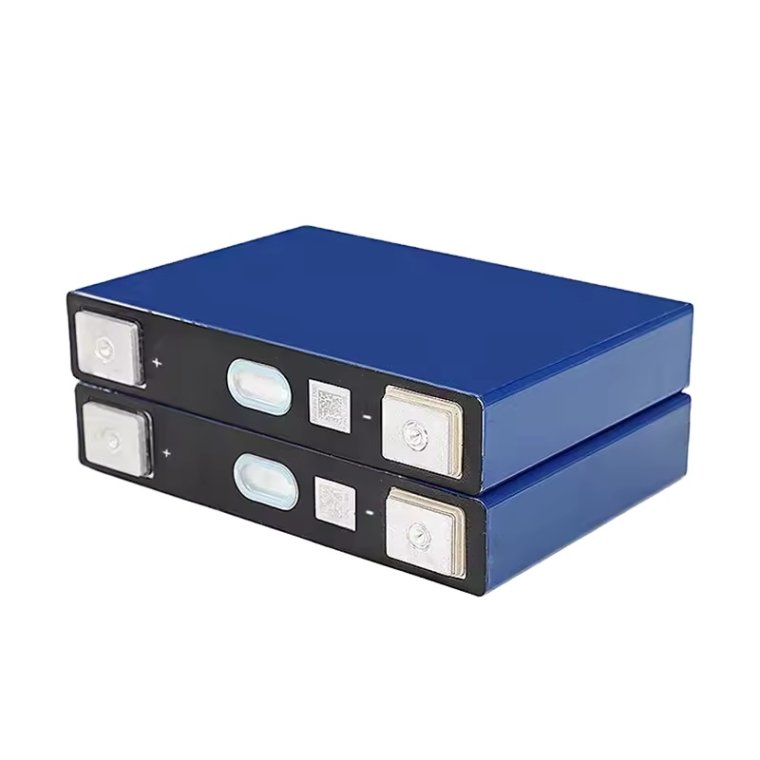
Plastic is one of the most versatile materials in the world, used in a wide range of industries from packaging to automotive. However, with so many different types of plastic available, it can be overwhelming to choose the right one for your specific application. In this article, we will provide a comprehensive guide on what type of plastic should be used in different industries.
- Packaging Industry
The packaging industry is one of the largest consumers of plastic. The most commonly used plastics in this industry are polyethylene (PE), polypropylene (PP), and polyethylene terephthalate (PET). PE is used for products such as plastic bags, while PP is used for food packaging and containers. PET is commonly used for water bottles and other beverage containers.
- Automotive Industry
The automotive industry uses a variety of plastics for different applications. High-density polyethylene (HDPE) is used for fuel tanks and coolant reservoirs, while polyurethane (PU) is used for car seats and interior trim. Acrylonitrile butadiene styrene (ABS) is used for exterior parts such as bumpers and body panels.
- Construction Industry
The construction industry uses plastic for a variety of applications, including pipes, insulation, and roofing. Polyvinyl chloride (PVC) is commonly used for pipes and electrical cables, while polystyrene (PS) is used for insulation. Polyethylene (PE) is also used for roofing membranes.
- Medical Industry
The medical industry requires plastics that are safe for human use and can withstand sterilization. Polycarbonate (PC) is used for medical equipment such as incubators and surgical instruments, while polyethylene (PE) is used for disposable medical products such as syringes and IV bags.
- Electronics Industry
The electronics industry uses plastics for a variety of applications, including casings for electronic devices and wiring insulation. Polycarbonate (PC) is commonly used for laptop and phone casings, while polyethylene terephthalate (PET) is used for wiring insulation.
In conclusion, choosing the right type of plastic for your specific application is crucial for achieving optimal performance and safety. By understanding the properties and applications of different types of plastic, you can make an informed decision on what type of plastic to use.





